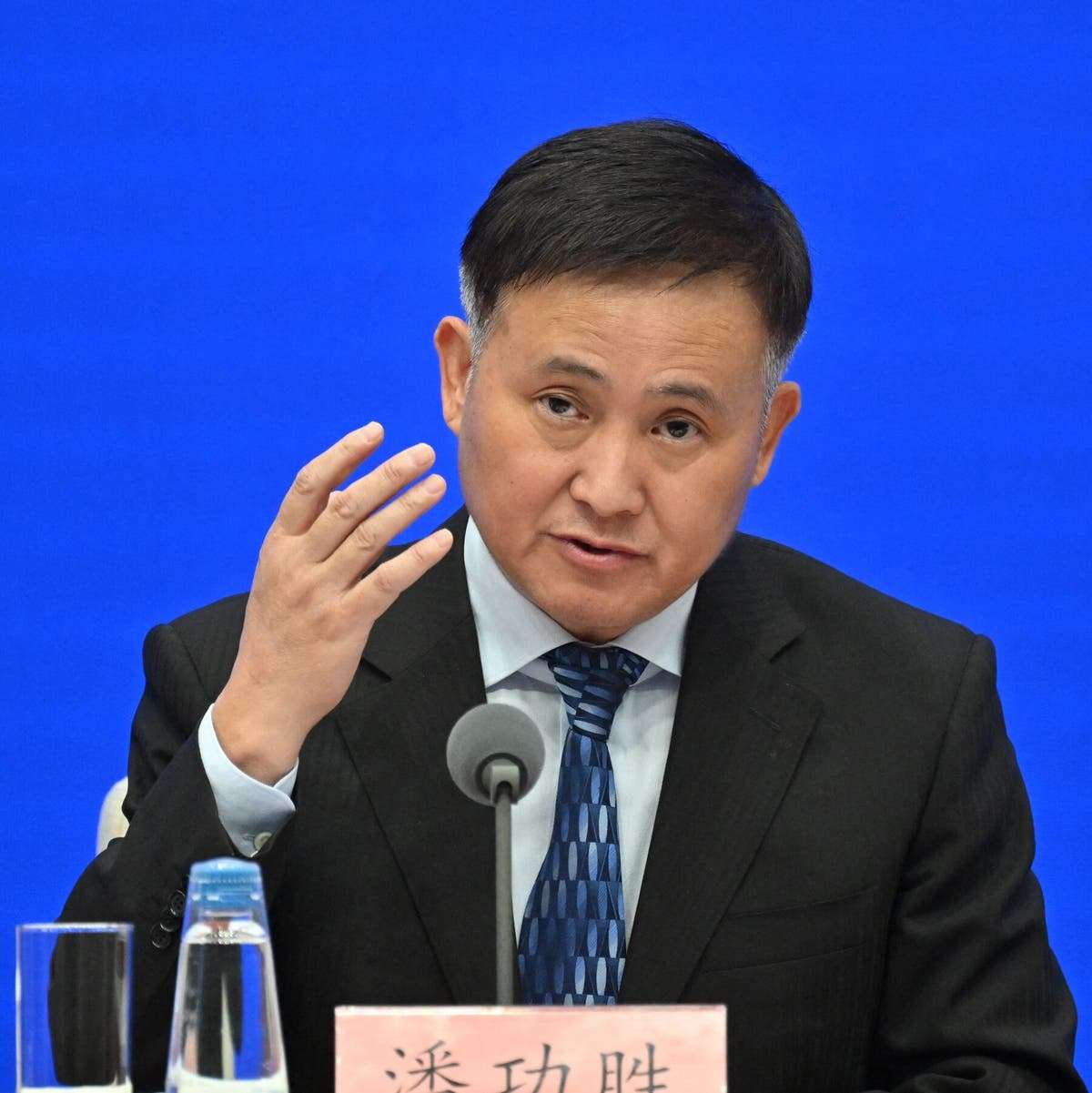China’s central bank announced a series of measures on Tuesday aimed at making it easier for households and companies to borrow money, in the boldest attempt by the Chinese authorities in recent months to revive economic growth, halt a housing market crash and stop a broad decline in prices.
The central bank, the People’s Bank of China, cut short-term interest rates and rates on existing mortgages, reduced minimum down payments for housing purchases, and freed banks to lend a larger proportion of their assets.
Pan Gongsheng, the governor of the central bank, said at a rare news conference that his agency was ready to free banks to lend even more money if needed.

Acting less than a week after the Federal Reserve cut short-term rates by half a percentage point, the Chinese central bank cut its benchmark seven-day interest rate to 1.5 percent, from 1.7 percent.
In addition, the People’s Bank of China told commercial banks they would be allowed to reduce, by half a percentage point, how much of their assets they hold in reserve. That move will free the banks to lend an additional $140 billion to companies and households.
The central bank also made it easier for banks to lend to companies to repurchase their shares, as well as to major shareholders to buy larger stakes in companies. Both moves typically bolster stock prices.
Investors, who have been hoping for officials to take action, reacted positively. China’s mainland markets, among the worst-performing in the world this year, rose 4 percent.
Still, the central bank’s actions might not be enough by themselves to reverse the Chinese economy’s slowdown. Surveys have shown that few businesses want to borrow money almost regardless of interest rates. They worry whether they will have enough sales to repay loans.
Mr. Pan said that if needed in the coming months, the central bank was ready to make another reserve cut, potentially doubling the extra money available for lending.
The central bank also authorized lenders to cut interest rates on existing mortgages by about half a percentage point. That would reduce the rates for some existing mortgages to below 4 percent.
The minimum down payments for buying second homes, often purchased in China as investments, would be cut to 15 percent of the apartment’s value, from 25 percent now, Mr. Pan added.
Lower mortgage rates will squeeze the revenues of the country’s government-controlled banks. So the central bank also said it would allow commercial banks to pay less interest on deposits — a move that may prompt some consumers to spend more.
Home prices have fallen about 10 percent a year for the past three years. Before Tuesday’s actions, some economists had been predicting that home prices would fall even faster in the coming year. The collapse of many property developers has undermined buyers’ confidence.
Many families have trimmed their personal spending after losing much of their savings because of falling housing prices. Apartments had been the main vehicle for building wealth in China, representing two-thirds or more of household assets.
Many restaurants are struggling. In Beijing, few people were on the streets on Saturday evening in Sanlitun, normally one of the city’s busiest neighborhoods for dining and window shopping. A week earlier, it was easy to get a weekend dinner table at Shanghai restaurants that used to be packed, with lines out the door.
Sales of new apartments have plummeted. The failure of many of the country’s largest property developers has left millions of households waiting for the completion of apartments for which they paid deposits.
A growing number of Chinese and Western economists have suggested that the national government needs to borrow money and start spending heavily. But the finance ministry has been wary of increases in borrowing.
A report by Capital Economics, a research firm, said that the central bank’s actions on Tuesday were “a step in the right direction. But it will probably be insufficient to drive a turnaround in growth unless followed up with greater fiscal support.”




